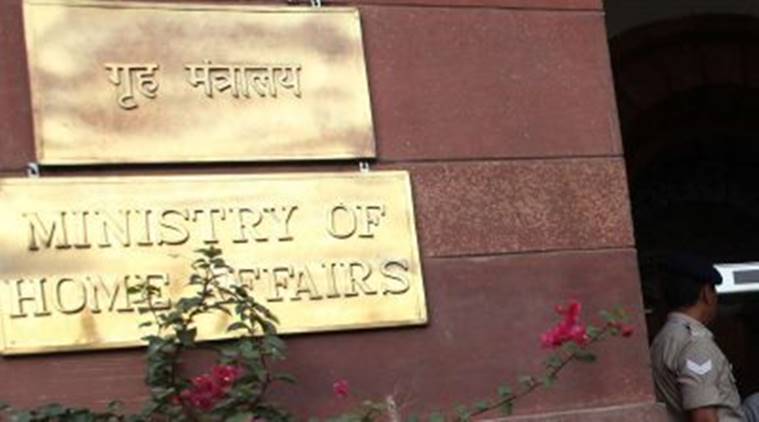Stay updated with the latest - Click here to follow us on Instagram
312 Sikhs who fled during militancy dropped from ‘adverse list’, can travel to India now
Sources said the government has reviewed the adverse list and brought it down to just two who are still suspected of being linked with forces inimical to India. The review is a dynamic process which is carried out periodically, sources said.
 The government move will help them visit India and meet their family members, sources in the Ministry of Home Affairs (MHA) said.
The government move will help them visit India and meet their family members, sources in the Ministry of Home Affairs (MHA) said.
As many as 312 Sikhs, who had fled the country during the peak of militancy in Punjab and were thus put on an “Adverse List” prepared by the government, have been taken out of it. The 314-strong list now has just two individuals.
The Adverse List prevented these people, who have now either taken asylum in foreign countries or are their citizens, from getting an Indian visa. The government move will help them visit India and meet their family members, sources in the Ministry of Home Affairs (MHA) said.
Sources said the government has reviewed the adverse list and brought it down to just two who are still suspected of being linked with forces inimical to India. The review is a dynamic process which is carried out periodically, sources said.
Explained: Former Khalistan supporters can now enter India — here’s how
“During 1980s, many Sikh Indian nationals and foreign nationals belonging to the Sikh community fell to anti-India propaganda. Some Sikh Indian nationals fled India to escape Indian authorities, became foreign nationals and took asylum outside India. They were placed in the adverse list till 2016, making them ineligible to avail visa services to visit India,” a home ministry official said.
According to the official, a major issue coming in the way of grant of consular/visa services to asylees and their family members, mostly belonging to Sikh community, was the maintenance of local adverse lists by Indian Missions.
“This practice has also been discontinued. Consequently, all Indian Missions/Posts abroad have been advised to grant an appropriate visa to all categories of asylees and derivative asylees (i.e. family members) whose names do not figure in the Central Adverse List, in line with the procedure followed for other categories of applicants of that nationality,” the official said.
Sources said all categories of asylees who become eligible for issuance of long term Indian visa will also be eligible to apply for registration as Overseas Citizen of India (OCI) cardholder after they have applied for and held normal visas for a period of two years.







